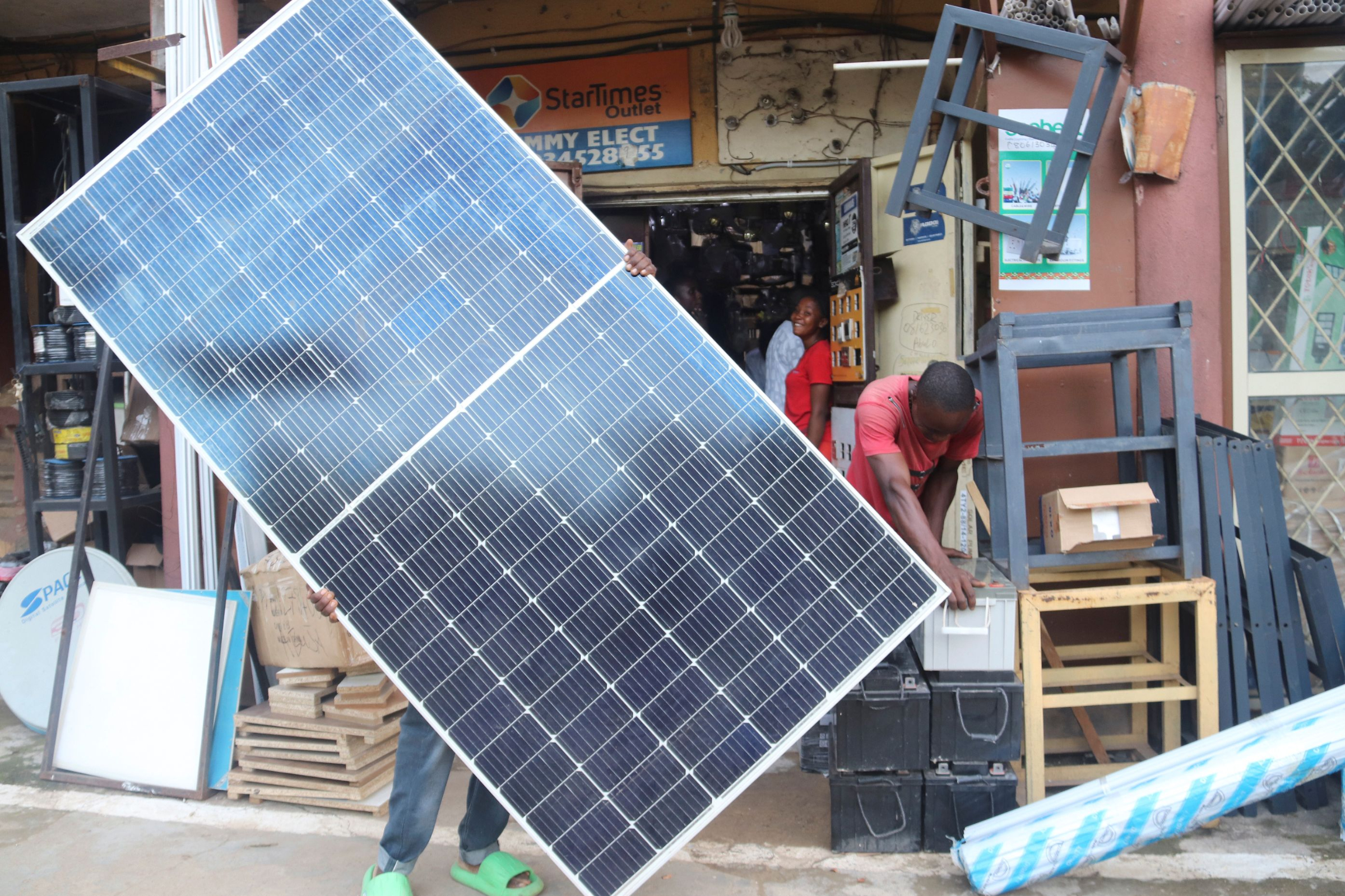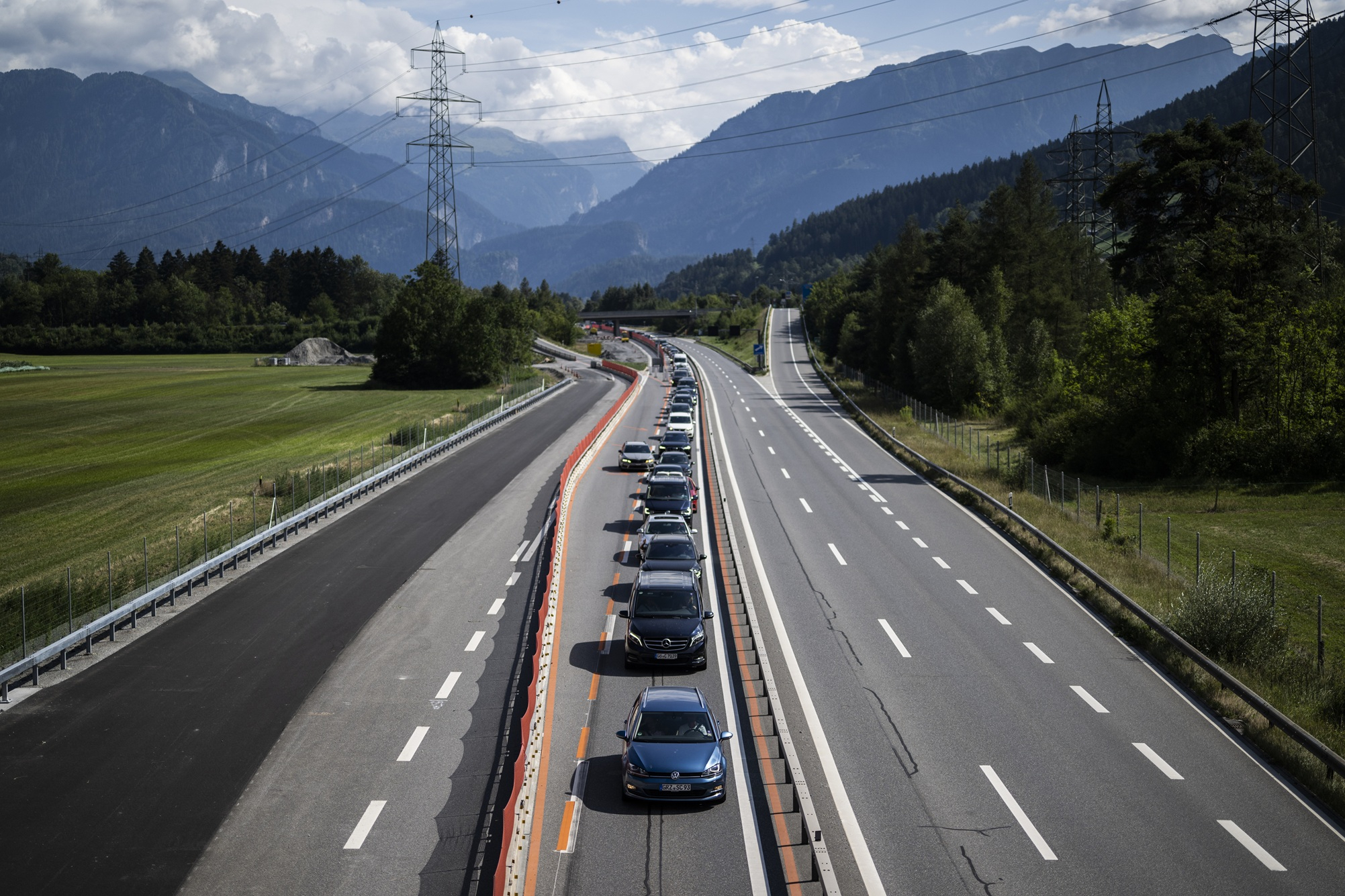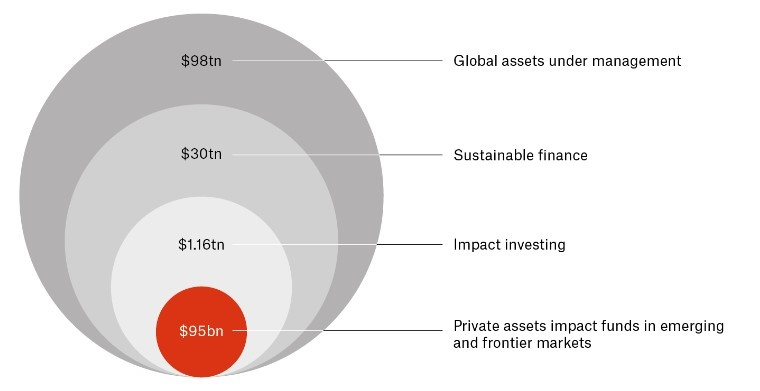
global
The Alliance Sud magazine analyses and comments on Switzerland's foreign and development policies. "global" is published four times a year in German and French.
Members
On behalf of these development organisations, Alliance Sud champions the cause of equitable relations between the industrialised countries and poor countries in the Global South. More…









